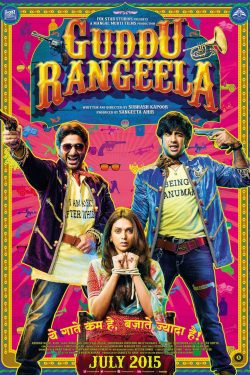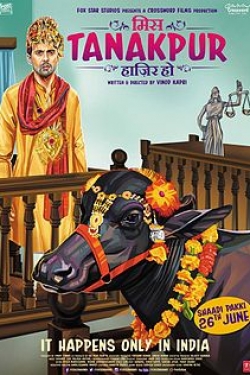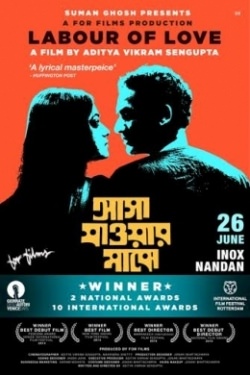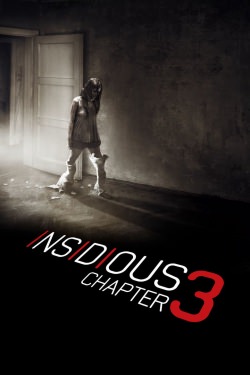Top Rated Films
Anuj Kumar's Film Reviews
-
More moronic than mahaan, Akshay’s comic timing saves the day.
-
It is a glossier, more rounded version of that B-grade entertainment that is increasingly becoming synonymous with Bhandarkar. It will be able to titillate the target audience but as far as reality and expose are concerned, it is as shallow as the television debate that masquerades as badi behas in the film.
-
The film has nothing that has not been explored in crime dramas. There are issues of loyalty and ratting. There are frictions over the issue of territory and if you cross it there are consequences. But the good thing is Cooper shows restraint. He doesn’t go for the overkill and lets the narrative and characters evolve in an ambience that is true to the disco-era of the late 70s and 80s.
-
The film opens with a disclaimer in English which says that it is a piece of fiction and that the lead character doesn’t have miraculous powers. It should have been in Hindi and Gurumukhi as well, for most of the followers of the self-styled guru are proficient in these languages. It might still work for the devotees of Singh, but the rest can go by his advice, “Never Ever”.
-
Could have been a frothy entertainer for teenagers but the bubble bursts mid-way.
-
A must for the Parsis but it doesn’t offer a hand to others to come along. The reformist might not like it!
-
Naseeruddin Shah surrenders himself to the chaos. As the visually impaired don, Bazmee has given Naseer the “Sparsh” of crass. He calls him Wanted bhai as if to remind the actor that he is sought after in Bazmee’s bizarre universe as well. Naseer returns the favour. After every punch-line he keeps reminding the cynical critics, mazaaq tha bhai, (it was a joke!) Indeed.
-
…it is a film that needs to be discussed and debated.
-
On the surface the way Kabir and his writers build up the narrative is dull and tedious and with no humour to spice up the mood, the spy games fail to spur the imagination. I laughed only when Katrina was introduced as Nawaz. Unfortunately, the name fails to rub on her and she remains as detached from the character as she has been all these years. Saif seems to think that he is doing the sequel of Agent Vinod with a more simplistic script and less budget for costumes.
-
At times the comments look adsorbed on the surface particularly the seemingly misogynistic journalist’s tirade against feminism. At times it seems Mahadevan is trying to put a halo behind Das which doesn’t go with Surendran’s writing and Pathak’s performance. But most of the times the observations are ingrained in the narrative. The most telling statement of the film comes when Das says that British India was better because at least he knew who the enemy was.

























